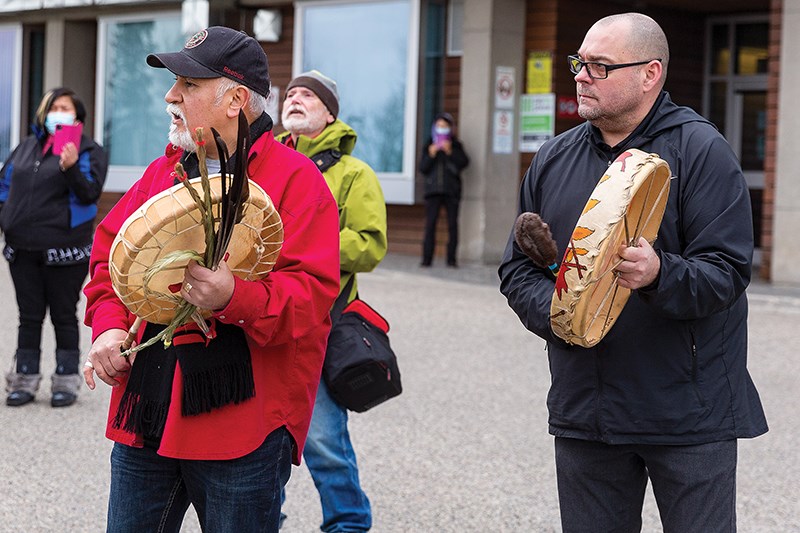Cariboo-Prince George MP Todd Doherty showed incredible courage last Thursday night in the House of Commons when, during a debate about mental health, he shared in graphic and horrific detail two examples of the childhood abuse he and his brothers suffered growing up in Williams Lake.
Even in 2022, there remains a stigma for people in general and community leaders in particular to speak frankly about their personal challenges with trauma and mental health. Too many people still think there’s something weak and embarrassing for an adult (and a grown man, no less!) to shed tears and speak openly about their inner pain.
Why is that?
The better question is who benefits when people refuse to talk (and are not heard when they do) about childhood abuse? The perpetrators of these crimes aren’t the only ones who are not being held accountable. What about the other family members, the neighbours and the teachers who knew or suspected the abuse but did nothing? From there, it’s easy for police officers, judges, politicians, and society at large to minimize the issue to a few bad actors, rather than face a major societal problem harming every community.
Doherty’s bravery runs deeper than just acknowledging his own childhood trauma and informing the millions of Canadians carrying the scars of child abuse that he sees them and he’s working for them.
By the time he was done speaking, the two fellow MPs sitting behind him were in tears. Sadly, there are likely more than a few of his fellow Conservative MPs who would have preferred if Doherty had kept his story to himself and stuck to talking about the economy, crime and blaming Justin Trudeau for everything.
That’s probably why Doherty took great pains to stress that child abuse is not a partisan issue and that mental health is a massive drain on the economy with tens of billions of dollars lost each year in workplace productivity and health care spending.
It also took courage for Doherty to link his child abuse to mental health and addictions. At the moment, the narrative is far more about nature than nurture. Of course, mental illness and addictions are diseases but – just like cancer and diabetes – environmental conditions are a huge contributor. Many addicted and unsheltered people, like Doherty’s younger brother, can point to specific trauma suffered during childhood as a major source of their ongoing suffering.
More social and government effort to prevent child abuse, to punish the abusers and protect and treat the abused, is the decent and moral thing to do, plus it would go a long way towards reducing the number of mental health and addictions cases.
That effort starts with talking about child abuse in all its forms openly and honestly.
Editor-in-chief Neil Godbout



